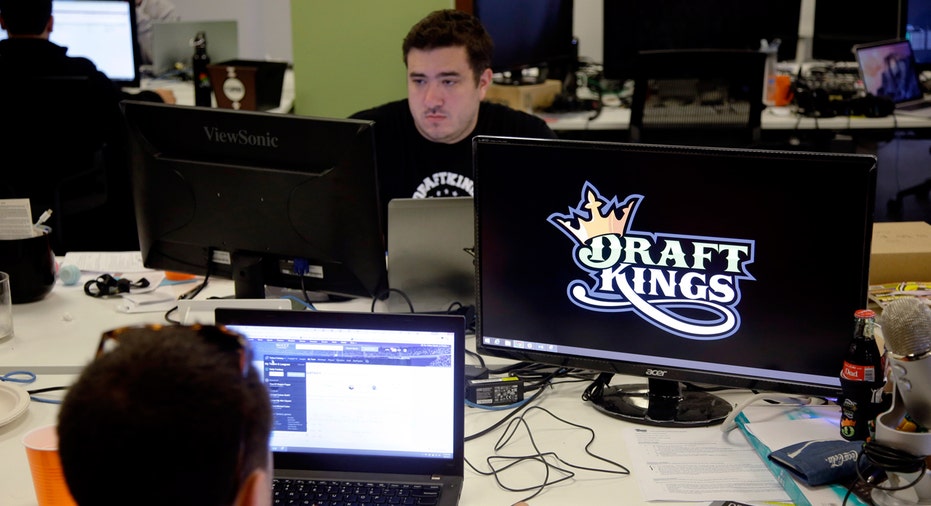More States Say Fantasy Sports is Gambling - Fantasy Sports Sites Receive Greater Scrutiny

The world of fantasy sports is getting a lot of attention these days. Unfortunately, it is not getting the type of attention it wants. DraftKings and FanDuel, two of the largest and most lucrative fantasy sports websites, are involved in a controversy that many are likening to insider trading.
As we reported earlier in "Fantasy Sports Gambling 101", fantasy websites are able to avoid gambling laws because these contests are considered games of skill and not games of chance. By compiling a better fantasy roster than others in any particular league, you can win prizes based on the collective entry fees — and some prizes are huge.
The recent controversy started when an employee of DraftKings inadvertently released data prior to the start of the NFL's third week of games. In that same week, that employee won $350,000 on FanDuel, raising eyebrows for several reasons. Sites banned employees from betting on their own site, but did not restrict betting on rival sites until after the scandal broke.
The leaked data contained information on which players were chosen most often in the DraftKings Millionaire Maker contest for the week. In fantasy football, this is useful because the most talented roster rarely wins — too many people choose them. The lesser players who outperform in any week tend to propel fantasy owners to victory. By knowing which players are popular picks, an insider may not know which player they should pick but they do know which players to avoid in order to increase the odds of success. The information may be pertinent to one site, but it is logical that owners on the other site are making similar assessments.
A preliminary investigation revealed that the employee did not use the leaked information to his benefit because his roster was submitted to FanDuel before he had access to the information. Still, the optics are bad and regulators and consumers are starting to cry foul. Even though this episode does not show an unfair advantage, it does point out how easy it is to take advantage in this poorly regulated environment. Regulatory agencies and courts are now closing in to provide some structure and oversight that is clearly not welcomed by the sites.
Nevada's Gaming Control Board recently ruled that fantasy sports constitute gambling. Not only does that run counter to the arguments that keep DraftKings and FanDuel legal, it also means that both sites must acquire a gambling license to operate in Nevada. As of this writing, neither site is available in the state. Unlike five states that have laws that ban fantasy sports betting, Nevada is not claiming the practice is illegal — just that a license is necessary. This week, New York asked the sites to stop taking "wagers" from state residents, dealing them another big blow.
Others are opening investigations into the sites' operations. Both the Justice Department and the FBI are reviewing the business model of fantasy sites to see if any federal laws have been violated. New York Attorney General Eric Schneiderman is opening a separate probe into whether the sites are taking unfair advantage with their information. Meanwhile, multiple lawsuits have been filed against both sites claiming negligence and misrepresentation, among other charges.
It is not a given that fantasy sports sites will survive, but as you follow the saga, keep one thing in mind — all the professional sports leagues are investors in one or the other of the two sites. A few of the owners, including Robert Kraft of the New England Patriots and Jerry Jones of the Dallas Cowboys, have more direct investments. The leagues may have to do a delicate dance to keep a safe distance yet protect their investments. How much do you think NFL ratings would drop if fantasy football were to be outlawed?
More from MoneyTips.com:Fantasy Sports Gambling 101Cost of Football TicketsNFL Gives Up Tax-Free Status



















